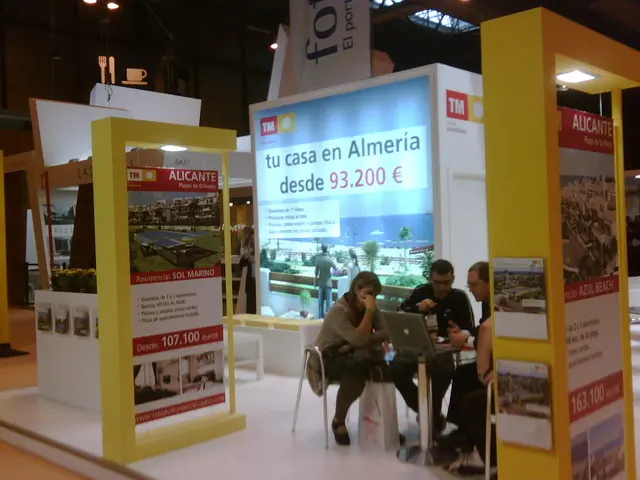EU Adapts to Global Trade Shifts, Strengthens Trade Partnerships
The European Union is adapting to shifting global trade dynamics, with reduced integration with the US and China. To mitigate potential losses, the EU is focusing on strengthening its trade regime and diversifying its trade partnerships.
The EU's exports are increasingly driven by demand from other markets, not just the US or China. This shift, coupled with the US's inward trade policy and China's slowing economic growth, has led the EU to prioritize deepening existing trade relationships and forging new partnerships.
The EU has an extensive network of trade agreements, covering 74 percent of its trade with partners beyond the US and China. To offset challenges from reduced integration with these two major economies, the EU is focusing on strengthening trade partnerships with Mercosur countries, such as Brazil, Argentina, Uruguay, and Paraguay, as well as Mexico. These negotiations and trade agreements aim to compensate for potential losses and ensure the EU's trade resilience.
The global trading system's profound changes are pushing the EU to diversify its trade portfolio. By prioritizing trade partnerships with Mercosur countries and Mexico, the EU is positioning itself to offset the implications of reduced integration with the US and China, while also ensuring its economic stability.







